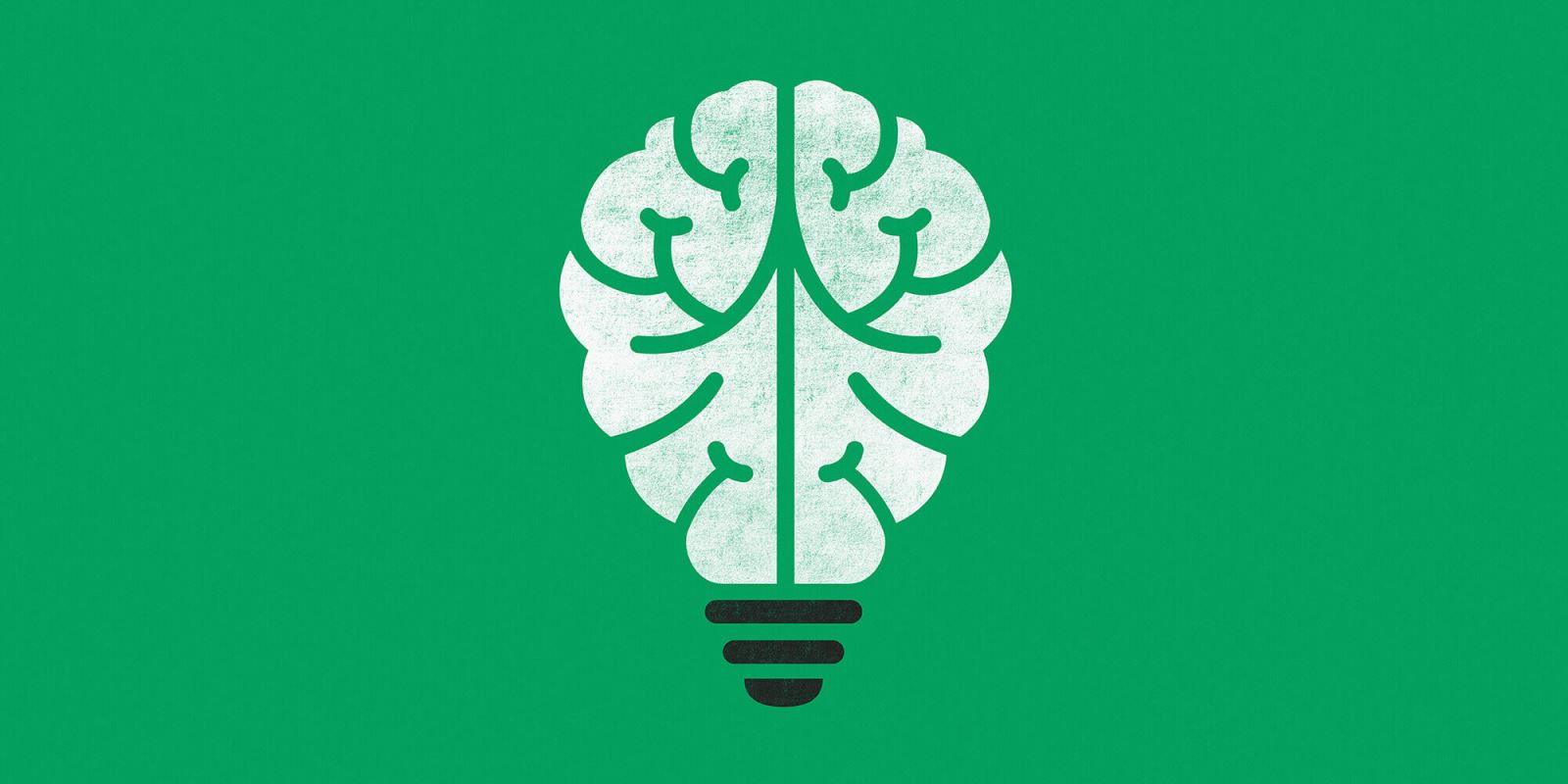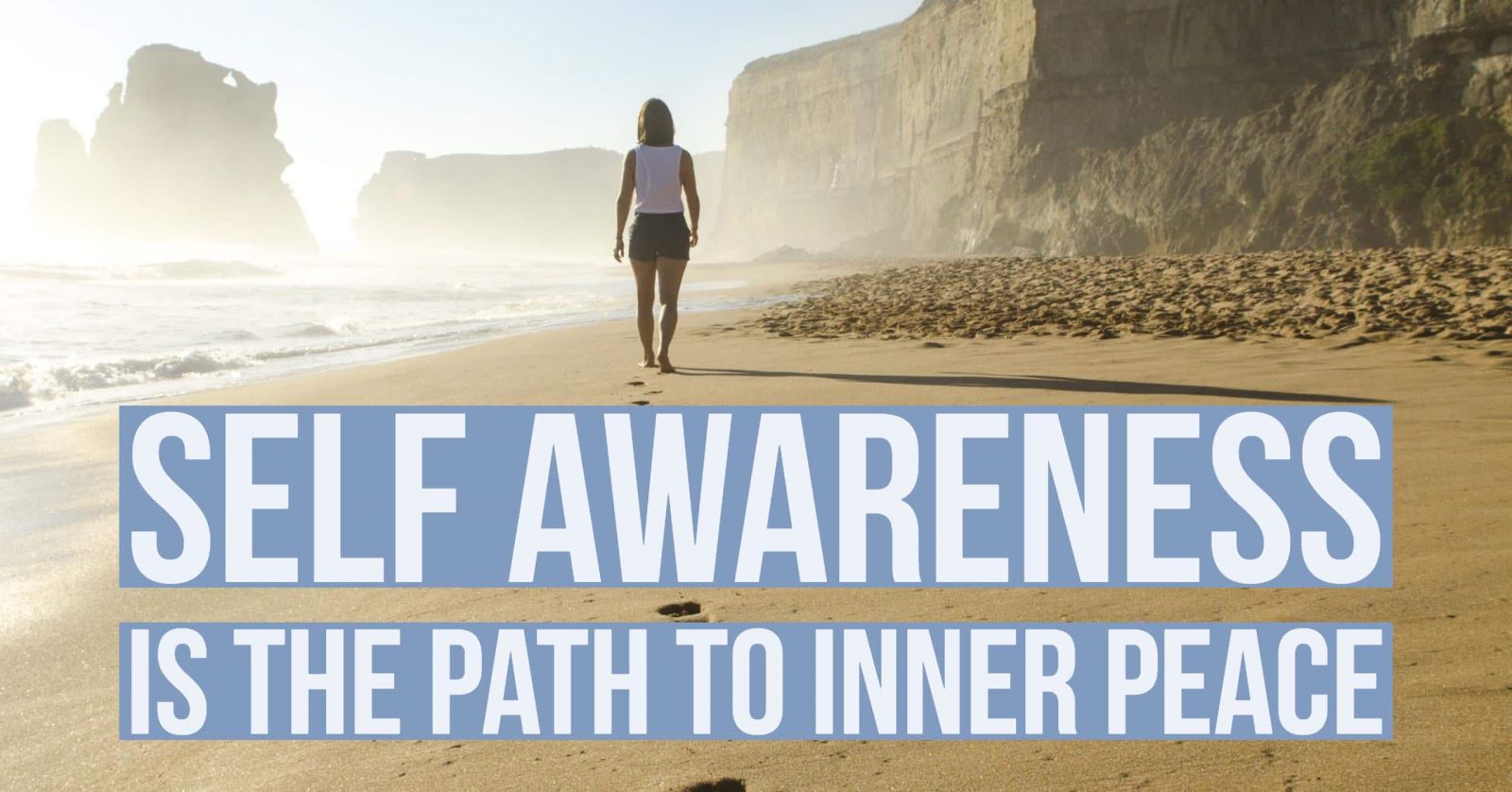WHAT IS SOCIAL INTELLIGENCE (EQ) AND WHY DOES IT MATTER? (PART 1)
Social intelligence is closely related to emotional intelligence (EQ). Our emotions evolved to serve a social purpose that enables us, as humans, to survive. The ability to recognize friend from foe, to return our nervous system to a state of balanced equilibrium and to feel loved and happy is essential.
These essential abilities all depend on successful emotional communication that is nonverbal and connects you to other people and their emotions.
Social emotional (EQ) communication can instantly convey:
- The friendliness or unfriendliness of another person;
- Another person’s interest in us;
- Another person’s caring for or about us.

Building Emotional Intelligence: 4 key skills to increasing your EQ
The key skills for building your EQ and improving your ability to manage emotions and connect with others are:
1. Self – awareness;
2. Self – management;
3. Social awareness;
4. Relationship management.
<<< Read more >>> Criticsm of emotional intelligence measures of assessment

Building emotional intelligence key skill 1: Self-awareness
The science of attachment teaches that present day emotional experience is reflection of early life emotional experience. Your ability to experience core feelings like anger, sadness, fear and joy most likely depends on the quality and consistency of your early life emotional (EQ) experiences. If your emotions were understood and valued, your emotions became valuable assets later in life. But, if you’re emotional experiences were confusing, threatening or painful, you most likely did your best to distance yourself from them.
Being able to connect to your emotions, having a moment to moment connection with your changing emotional experience is the key to understanding how emotion influences your thoughts and actions.

What kind of a relationship do you have with your emotions (EQ)?
- Do you experience feeling that flow, encountering one emotion after another as your experiences change from moment to moment?
- Are your emotions accompanied by physical sensations that you experience in places like your stomach, throat or chest?
- Do you experience individual feelings and emotions (EQ), such as anger, sadness, fear, joy, each of which is evident in subtle facial expressions?
- Can you experience intense feelings that are strong enough to capture both your attention and that of others?
- Do you pay attention to your emotions (EQ)? Do they factor into your decision making?
If any of these experiences are unfamiliar, your emotions may be turned down or turned off. In order to be emotionally healthy and emotionally intelligent, you must reconnect to our core emotions (EQ), accept them and become comfortable with them.
<<< Next >>> What is social intelligence (EQ) and why does it matter?
Maybe you are interested
What does an iq of 200 mean?
What does an iq of 194 mean?
what does an iq of 190 mean?
What does an iq of 116 mean?
What does an IQ of 112 mean?
what does an IQ of 108 mean




